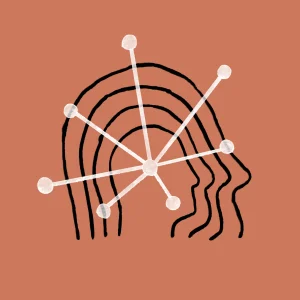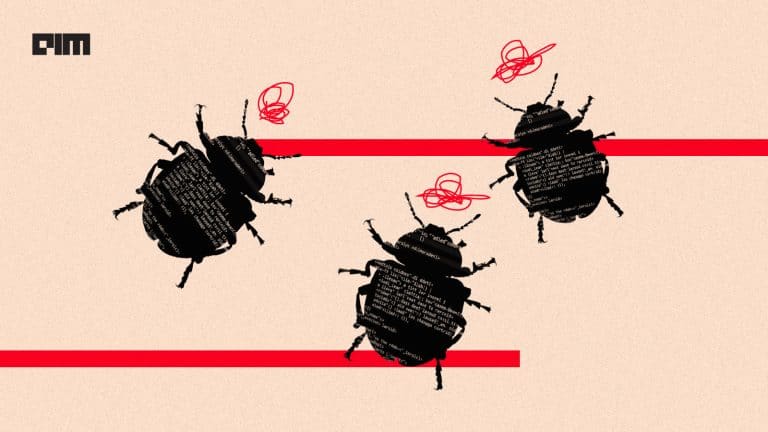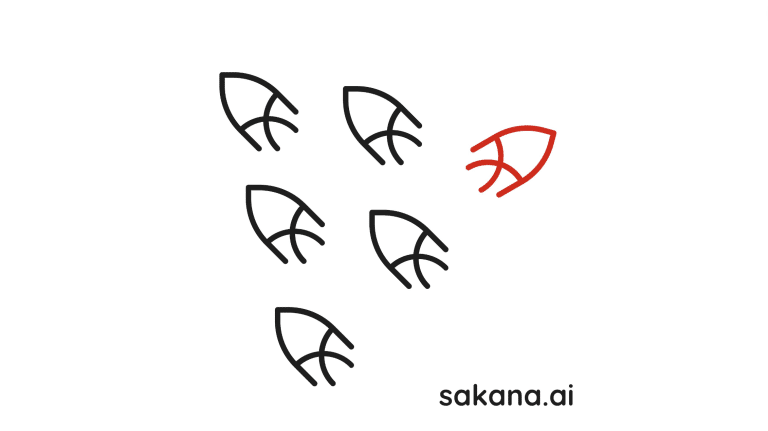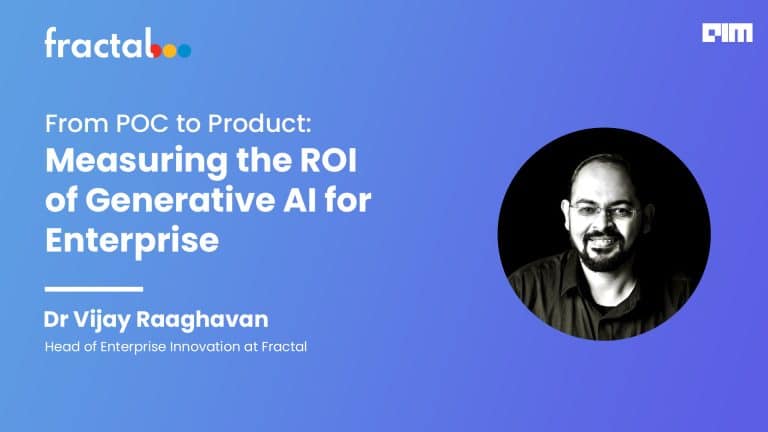Over the last few days, the AI ecosystem has been struck by a familiar sense of déjà vu, echoing the DeepSeek phenomenon, as a new Chinese startup enters the fast-evolving territory of AI agents. Manus, based out of Shenzen in China, has built what they call a ‘general purpose AI agent’.
The general agent can plan, execute and deliver complete results autonomously while browsing websites in real time, processing and generating multiple data types. It also uses multiple tools to deliver results.
Despite Manus being available invite-only, its capabilities blew up quickly. Deedy Das, principal at Menlo Ventures said, “Manus, the new AI product that everyone’s talking about, is worth the hype. This is the AI agent we were promised.” He highlighted that the agent could complete two weeks worth of professional work in around an hour.
Andrew Wilkinson, co-founder of technology holding company Tiny, said, “I feel like I just time travelled six months into the future.” He even went on to say he got Manus to build and replace a software his company currently spends $6,000 annually on.
The company also showcased various capabilities such as creating detailed itineraries, in-depth data analysis of stocks and businesses, research reports on various topics, designing games, interactive educational courses, etc. Users are also calling it a combination of deep research tools, autonomous operator and computer use functionality, and a coding agent equipped with memory.
Besides Manus’ agentic “mind-blowing capabilities”, the platform has also garnered praise for its overall user experience (UX). “The UX is what so many others promised, but this time it just works,” Victor Mustar, head of product at Hugging Face, said. Besides, Manus also necessitates human work to grant various permissions and approvals.
Even the human-in-the-loop part of agentic AI is great in the Manus AI UX 😍
— Ivan Fioravanti ᯅ (@ivanfioravanti) March 9, 2025
UX is really well designed 👍 pic.twitter.com/zcl5CStOUd
Manus also evaluated the agent in the GAIA benchmark, which tests general AI assistants on solving real-world problems. As per the results, Manus outperformed OpenAI’s Deep Research.

Source: Manus AI
Manus ‘Deserves Respect’ Even if it is a Wrapper
However, a few days later, X users discovered that Manus was running on top of Anthropic’s Claude Sonnet model, along with many other tools like Browser Use. Some users were quick to express their disappointment. As a result, some even say that Manus has no ‘moat’, or advantage in the market to begin with.
To achieve its capabilities, Manus is a ‘wrapper’ of the best AI models in the ecosystem. This practice is associated with a strange negative connotation on social media. At the end of the day, Manus has been successful in building a well-designed interface to leverage the agentic capabilities of a foundational AI model.
Aidan McLaughlin, a professional at OpenAI, mentioned on X, that he doesn’t care about the fact that it is a wrapper. “If it created value, it deserves my respect. Care about capabilities, not architecture.”
Besides, preliminary reviews of Manus also underscore the power of the current AI models today; abilities even the labs making them haven’t been able to unleash.
If real this actually emphasizes the models are plenty smart already and all the alpha is in custom prompting, tool use, clever workflow and evals. https://t.co/5LlZpHjtID
— Garry Tan (@garrytan) March 10, 2025
“Manus didn’t just slap an API on a model. They built an autonomous system that can execute deep research, deep thinking, and multi-step tasks in a way that no other AI have,” said Richardson Dackam, founder at GitGlance.co.
Moreover, if Manus was built on top of existing models from the United States, why would they not be able to ship these capabilities themselves? “I assume every US lab has these capabilities or better behind the scenes and isn’t shipping them due to risk aversion, some of which comes from regulatory risk,” revealed Dean W Ball, an AI researcher.
However, on the brighter side, Manus is built on top of existing LLMs. This indicates that its capabilities can be replicated. This led to a wave of anticipation among several users on X, many of whom hoped to see an open source version.
It seems these wishes were granted sooner than expected. A few developers on GitHub have already developed an open source alternative for Manus called ‘OpenManus’. This project is now available on GitHub.
However, Manus has received its fair share of criticism as well. Users reported that Manus took an excessive time to perform the task and failed to finish them altogether. Derya Unutmaz, a biomedical scientist, compared it to OpenAI’s Deep Research and revealed that while the former finished the task in 15 minutes, Manus AI failed after 50 minutes at step 18/20.
Simon Smith, EVP of generative AI at Klick Health, attributed these issues to the fact that Manus’ underlying model may not be as good as OpenAI’s Deep Research. Further, he added that because Manus is using multiple models underneath, it might take longer than Deep Research to produce a full report.
Another user pointed out that Manus gets stuck on web searches, “breaks in between” due to context issues on code-based tasks, and was generally slow.
Some users also critiqued Manus’ invite-only approach for gaining access, and how they were handed out to influencers on social media to churn up the hype.
Granted that Manus is still in its early stage, it will likely refine its capabilities. However, one critical question remains. How long until OpenAI, Anthropic or even Google step up, and ship a more accessible version of what Manus can do?






























